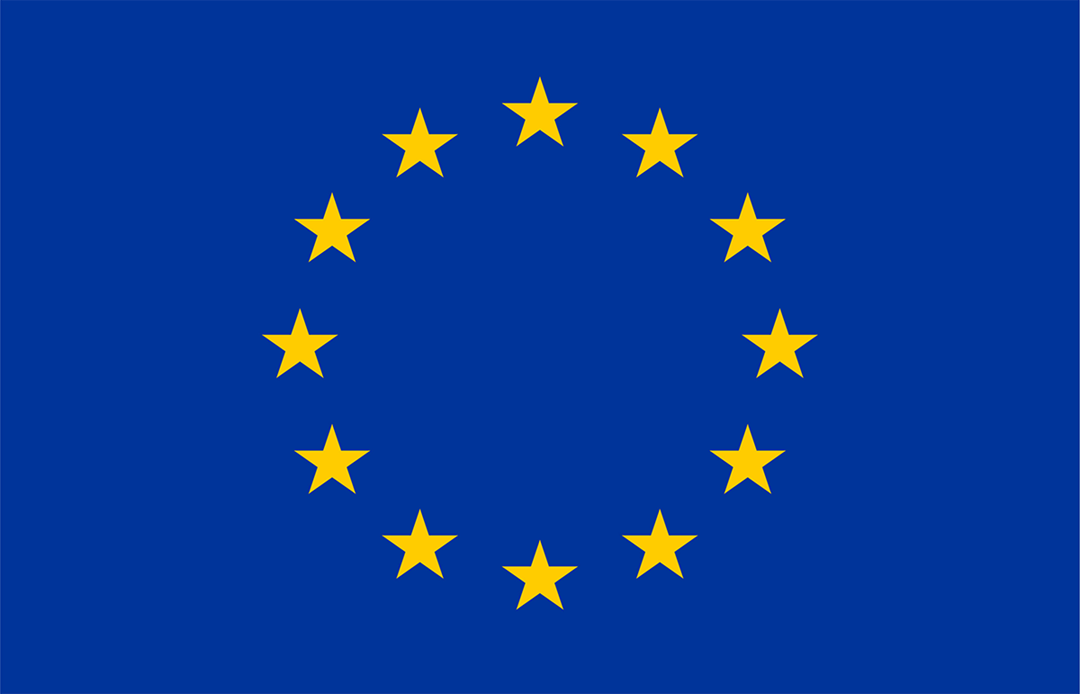Carbon capture and storage (CCS) is one of the technological solutions to decarbonize the energy market while providing secure energy supply. So far, the cost of CCS is dominated by the CO2 capture, reason why new capture techniques should be developed.
Adsorption techniques have already been evaluated for CO2 capture. So far, the main drawbacks of this technique are the energetic demand to regenerate the adsorbent and obtain high purity CO2. However, the utilization of commercially available materials was employed in the former evaluations. New materials with targeted properties to capture CO2 from flue gases can improve the performance of adsorption processes significantly.
A game-changing innovation in MATESA is the development of a regeneration protocol where electricity is only used to increase the purity of CO2 in the column and further regeneration is done using available low-grade heat. The predicted energy savings of the developed process may transform this CO2 capture process in a key component to make CCS commercially feasible in fossil fuel power plants going into operation after 2020.
In order to realize a proof of concept of the proposed process, a strong component of the project will deal with the development of a hybrid material that is able to selectively adsorb CO2, conduct electricity, result in a low pressure drop and have reduced environmental impact. The development of such a material is important for MATESA and will also have a significant impact to increase the energy efficiency of pre-combustion CO2 capture and other energy intensive gas separations.
SINTEF Is the coordinator in the project.

This project has received funding from the European Union's FP7 research and innovation programme.
For mor information, see the web page
